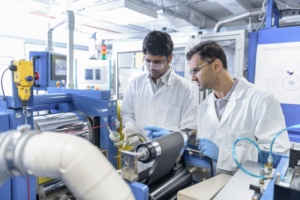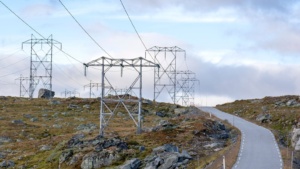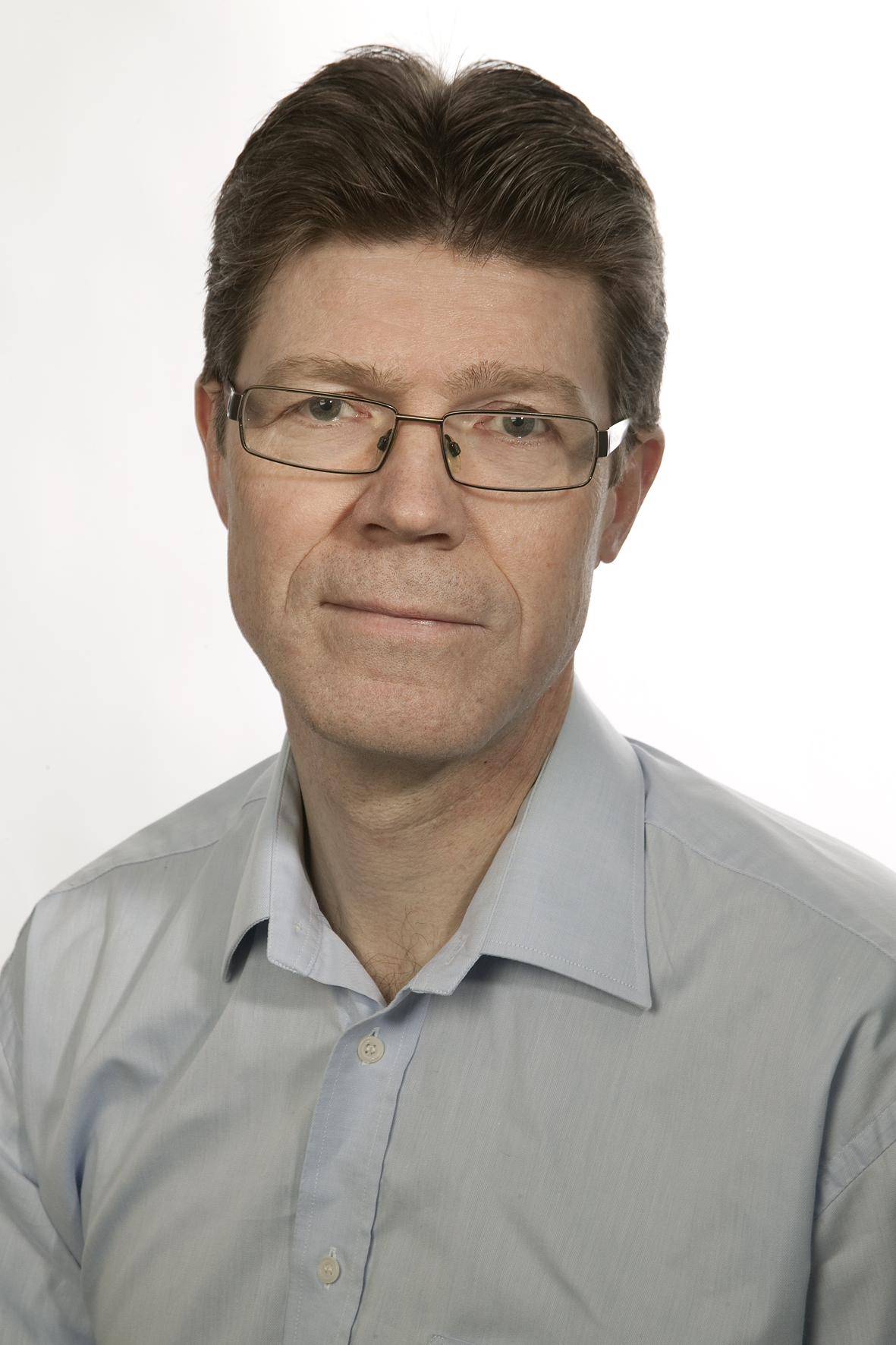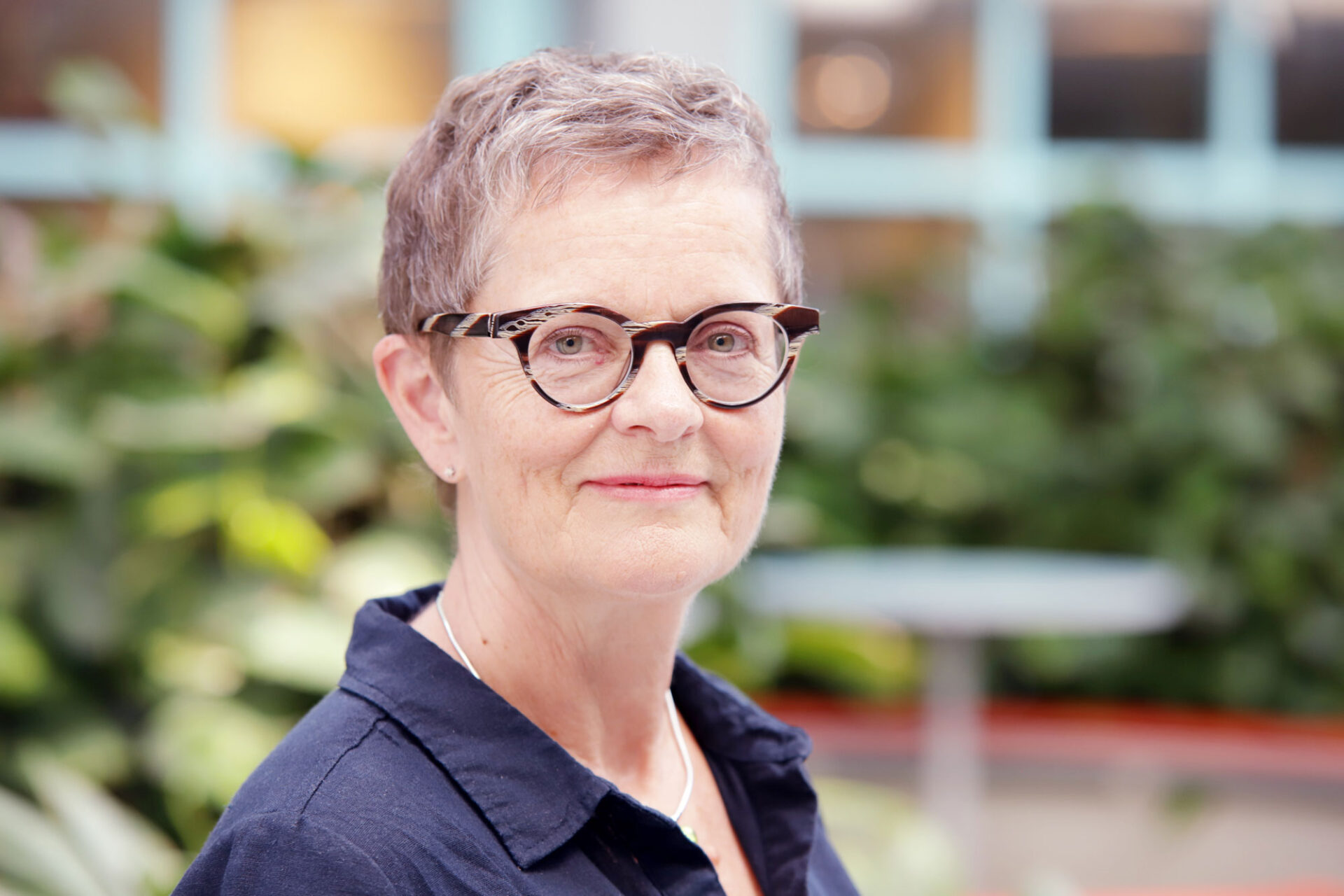COP28 in Dubai marked a significant milestone in our efforts to combat the climate crisis, as the first global stocktake indicated that we are not progressing quickly enough to meet the goals of the Paris Agreement. The final declaration emphasised the necessity for deep, rapid and sustained reductions in greenhouse gas emissions if we are to succeed with limiting the increase in global temperatures to 1.5 °C without excessive overshoot compared to pre-industrial levels. This aligns closely with the advice provided by SINTEF last year.
- SINTEF is participating at COP as an independent observer, committed to advancing sustainable climate and energy solutions. To support this goal, we are providing advice to climate negotiators on 15 key areas with the potential to significantly reduce emissions. SINTEF’s advice for COP29: Technology for a Faster Global Climate Transition
All Parties were encouraged to contribute, in accordance with their national conditions, to:
- Tripling renewable energy capacity globally and doubling the global average annual rate of energy efficiency improvements by 2030;
- Accelerating efforts towards the phase-down of unabated coal power;
- Accelerating efforts globally towards net zero emission energy systems, utilizing zero- and low-carbon fuels well before or by around mid-century;
- Transitioning away from fossil fuels in energy systems, in a just, orderly and equitable manner, accelerating action in this critical decade, so as to achieve net zero by 2050 in keeping with the science;
- Accelerating zero- and low-emission technologies, including, inter alia, renewables, nuclear, abatement and removal technologies such as carbon capture and utilization and storage, particularly in hard-to-abate sectors, and low-carbon hydrogen production;
- Accelerating and substantially reducing non-carbon-dioxide emissions globally, including in particular methane emissions by 2030;
- Accelerating the reduction of emissions from road transport on a range of pathways, including through development of infrastructure and rapid deployment of zero and low-emission vehicles;
- Phasing out inefficient fossil fuel subsidies that do not address energy poverty or just transitions, as soon as possible;
As we approach COP29 in Baku, the issue of climate financing will take centre stage. This financing must consider current emission levels, historical emissions, economic development, and the populations most affected by climate change.
International research communities and industrial partners are working on several technologies and solutions to reduce emissions and drive the energy transition. Countries must collaborate to ensure a fair transition to a sustainable economy.
Our recommendation is clear:
Establish a global North-South research and development program with open and competitive calls for proposals to accelerate the energy transition.
In such a program, it should be mandatory to include partners from Low- and Middle-Income Countries (LMICs) to ensure inclusive collaboration. Calls should focus on value chains, balancing supply and demand as the program is developed. The program should involve a diverse mix of
education, research, and innovation partners, including businesses, to create comprehensive
and sustainable solutions. By promoting equitable collaboration, the program can leverage resources, expertise, and perspectives from various regions, fostering mutual growth and impactful results. These partnerships will also strengthen local capacities in LMICs, laying a foundation for long-term resilience in the energy sector.
Now is not the time for new targets – now is the time for action.











Comments
No comments yet. Be the first to comment!